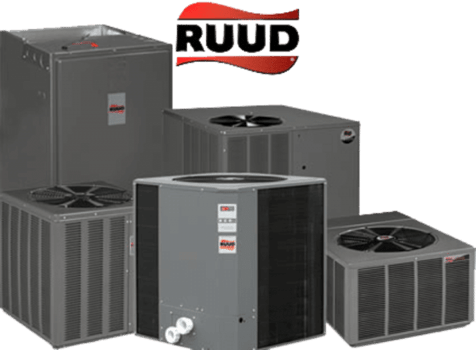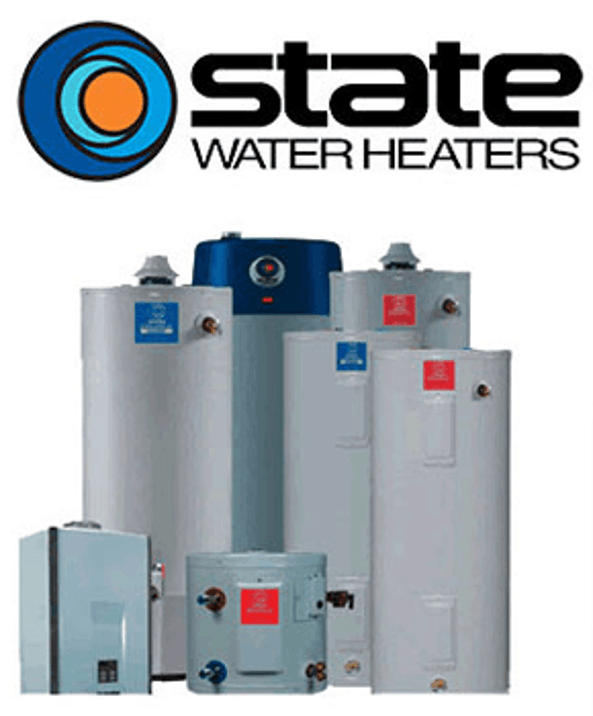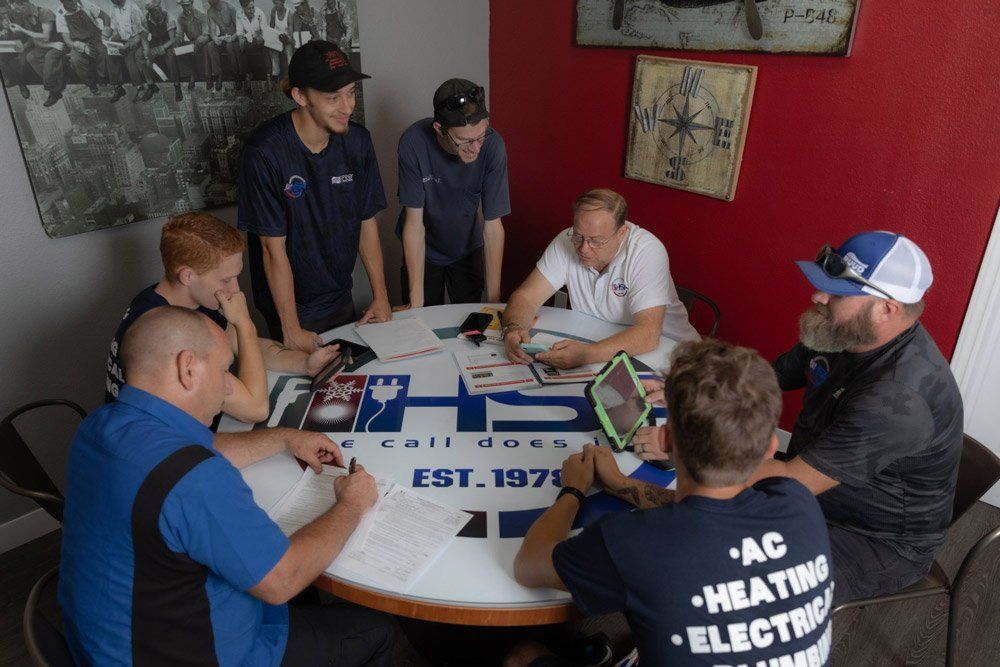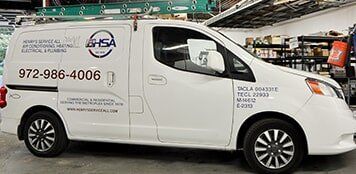6 Things to Consider When Shopping for a New HVAC System

For years, your HVAC system has enjoyed a quiet presence in your home, keeping it comfortable through all types of weather. But all good things must come to an end. No matter how reliable your HVAC system is, it will need replacement eventually.
In today's market, there's no shortage of HVAC systems to choose from. The key is choosing a heating and cooling solution that works best for your home's unique climate control needs. When choosing a new HVAC system, there are several issues that can ultimately impact your purchasing decision.
1. System Size
Size definitely matters when it comes to your HVAC system. Your home's size and the amount of cooling and heating power it requires will determine your new system's size. Contractors use certain calculations to figure out an HVAC system's optimal size, but if your circumstances require more or less air flow, talking with a licensed experienced Contractor will help customize a more appropriate fit.
Oversized HVAC systems can cause unbalanced indoor temperatures and suffer from short cycling issues. Meanwhile, undersized HVAC systems must run for longer periods to achieve the same performance as a properly sized system, resulting in increased wear and tear.
Accuracy is the key when it comes to properly sizing HVAC equipment. Your contractor should use the Manual J load calculation and Manual S equipment selection process to determine exactly how big your next HVAC system should be without robbing your home of its comfort and efficiency.
2. Efficiency Ratings
Nearly half of your home's energy consumption is devoted to keeping your home warm and cool throughout the year. This fact makes choosing an energy-efficient HVAC system one of the best ways to save electricity and significantly reduce energy costs.
HVAC systems use a variety of ratings to showcase their energy efficiency and make comparisons among similar units possible. For instance, the Seasonal Energy Efficiency Ratio (SEER) is used to measure the energy efficiency of air conditioners. Heat pumps are rated on their efficiency based on the Heating Season Performance Factor (HSPF) while furnaces use Annual Fuel Utilization Efficiency (AFUE) ratings.
The higher the SEER, HSPF, or AFUE rating, the less energy the rated system is likely to consume throughout its lifespan. You should consider these ratings when choosing your next HVAC system.
3. Special Features
Your new HVAC system will likely come with a variety of unique features that aren't present in your old unit. These features include variable-speed fan motors that offer better airflow control, improved sound absorbing materials that reduce noise, and automatic reminders to change or clean your air filter.
Programmable thermostats are also a popular special feature on new HVAC equipment. With these thermostats, you can schedule your HVAC system's operation based on the time of day for up to seven days each week. Some programmable thermostats even feature Wi-Fi connectivity for updates and weather alerts.
4. Air Quality
A larger filter base, such as a HoneyWell or Perfect Fit Filtration System, allows for larger filters that only have to be changed twice per year, vs the traditional filters that are changed monthly. This allows for better filtration in your house as it catches 80-90% of air particles in your house.
You can also opt for an air purifier, such as a Reme, this is great for reducing allergens in the home and increasing air quality.
5. Purchase and Installation Costs
The average purchase and installation price of your new HVAC system can vary depending on a variety of factors, including its size, number of features, and energy efficiency. A typical HVAC system for a 1,000-square foot home can cost anywhere from $5,000 to $9,000, according to recent estimates from CostOwl. You can expect to pay more if your home poses any unique issues during installation.
You should consider your budget when choosing a new HVAC system. Talk to a licensed expert who can give you advice specific to your home and situation to include the items needed and not include unnecessary purchases.
6. Warranties
If anything ever goes wrong with your HVAC system, you'll rest easier knowing the manufacturer stands behind its product. Most HVAC manufacturers offer a 10-year warranty on their equipment, if it is registered. Ask the installing company if they register the unit on your behalf, if not make sure to do it or the warranty will only be for 5 years. Keep in mind that some warranties apply to specific components while others cover new parts and not installation. Most manufacturers also offer extended warranty coverage at an additional cost.
When the time comes to choose a new heating and cooling system for your home, you can rest easy knowing the professionals at Henry's Service All can help. Contact us today to schedule your new HVAC system installation. And don't forget that we offer annual HVAC service contracts that cover fall and spring service for your HVAC unit, plus we also offer a 90-day warranty on our labor for repair and 1-year labor on a new install.











